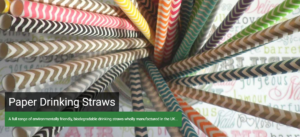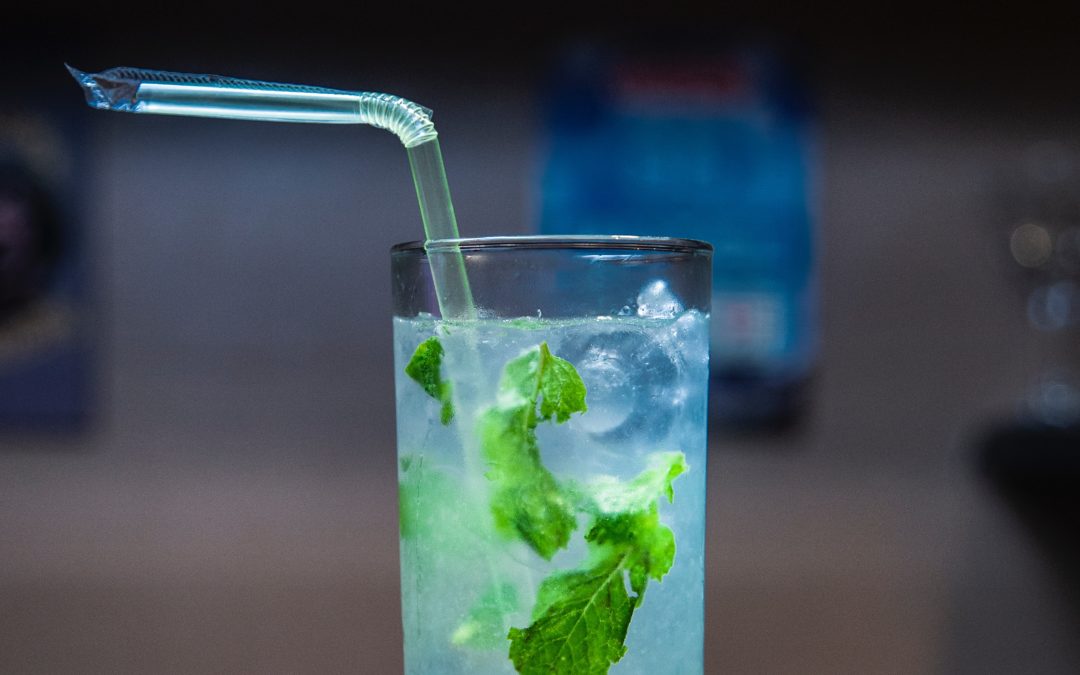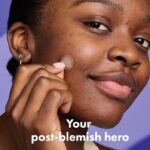Suddenly we are reading the obituary of the plastic straw. RIP.
As a single-use plastic product, a focus on this seemingly innocuous product came from a viral 2015 Olive Ridley sea turtle with a plastic straw stuck in its nose. Coupled with the “Strawless in Seattle” campaign, these two events are taking down an industry. Plastic straw sales have declined dramatically in the last twelve months.
Plastic single-use straws aren’t able to go through traditional recycling systems because they are so small and lightweight. Fossil-fuel based polymers and resins aren’t biodegradable, so they disintegrate, often in the ocean, into small pieces that fish mistake for food. There are many stories of plastic particles showing up in fish throughout the U.S. and Europe.
In the U.K., over 4 billion straws become discarded daily and, in the U.S., that number is in the tens of billions. Hotels and fast food chains are all examining their policies to determine the options they have. In Hawaii, there are resorts using bamboo. Companies like Final Straw are reusable, collapsible straws through their Kickstarter campaign.

Another company is called The Paper Straw Company from the U.K. This is a new startup of 3 partners in Manchester who see the opportunity to leverage their shifting marketplace. Here is a recent TV clip from the BBC about The Paper Straw Company.
According to David Williams, their North American Director,
“The Paper Straw Co is about reducing the amount of single use plastics and creating an all vegan, all sustainable and all natural product. There are over 500 million straws used daily just in the USA and this is just a staggering number. If we can reduce this just a little bit every day, it means we are making a difference.”
Aardvark is a new American-made paper straw brand that takes 60 days to decompose. In 1888, a man named Marvin Stone invented the original paper straw and patented his idea. That patent became the foundation for the company Stone later created—the same company that manufactures Aardvark®, The Original Paper Straw, today. Stone’s patent and his innovative spirit for all things round and tubular lives on with Aardvark®.
In 2007, the Aardvark founders saw an interesting pattern as the anti-plastic movement was building up steam. They were prepared to take advantage of the dramatic shift in the foodservice and hospitality industry away from plastic straws during the last two years.
Other products coming to the market are straws made from polylactic acid or PLA, a plant-based bioplastic material made from cornstarch instead of petroleum. They won’t break down in the water, according to the manufacturers.
Scenario Planning
Companies can use scenario planning to help them consider what the most significant threats are to their product category, and how they might react. Imagine if the plastic straw companies began ten years ago (instead of two years ago), to test the waters of alternative materials and options? How better prepared could they be to this threat?
- Challenge Yourself: When was the last time your business spent time challenging your business model and product lines by attacking yourself? What would you do if a critical component of your product was no longer allowed? What’s your plan B?
- Disruption Galore: Every brand, product, and service will become disrupted, it is a matter of time. How can your marketing, product development, and innovations team have a chance to develop some potential pathways to meet the coming storms?
- Take a Step: By working through this exercise, you realize that you might be able to begin planning some alternative options that might let you shift the incoming challenging into opportunities.
Consider doing some scenario planning to examine your vulnerabilities. Learn from what happened to plastic straw business, so your business won’t suck.
Are you sipping on a problem waiting to get disrupted? You can set up a time to chat with me about your marketing challenges using my calendar. Email me jeffslater@themarketingsage.com Call me. 919 720 0995. The conversation is free, and we can explore if working together makes sense. Try my new chat feature on my site if you have a quick question.
Photo by Bobby Rodriguezz on Unsplash




